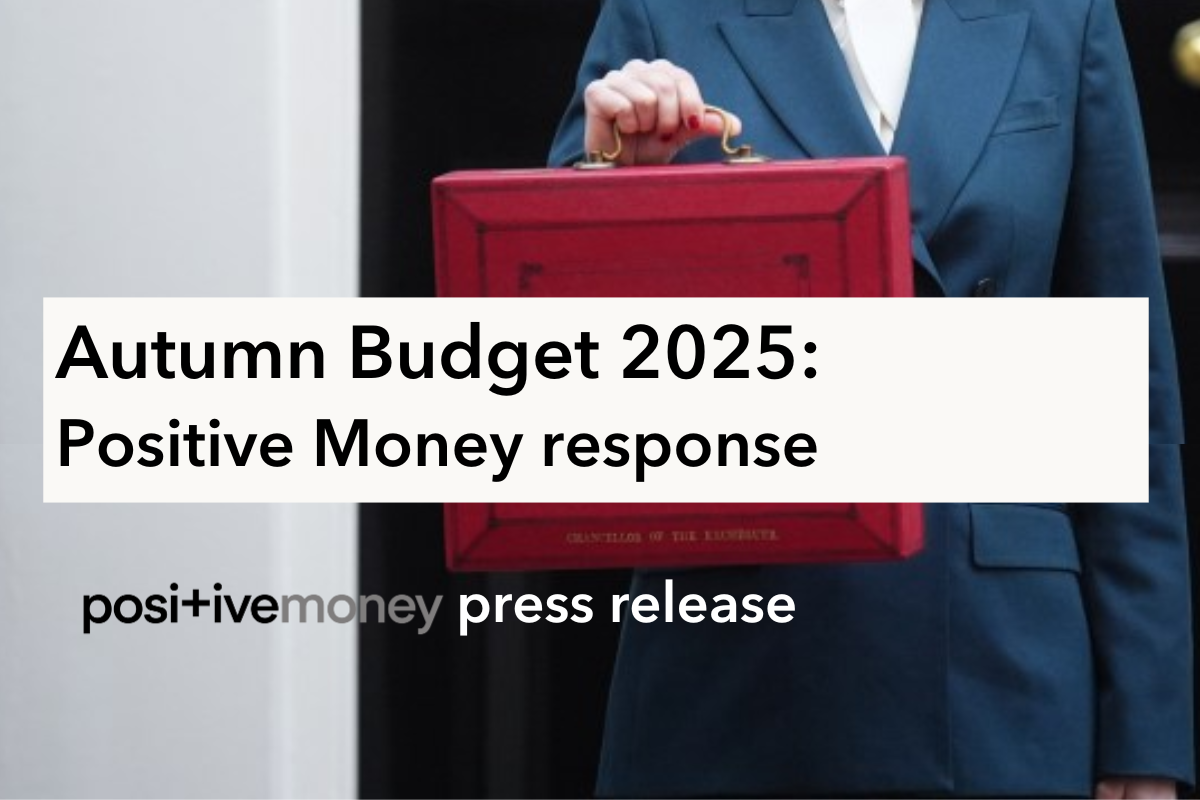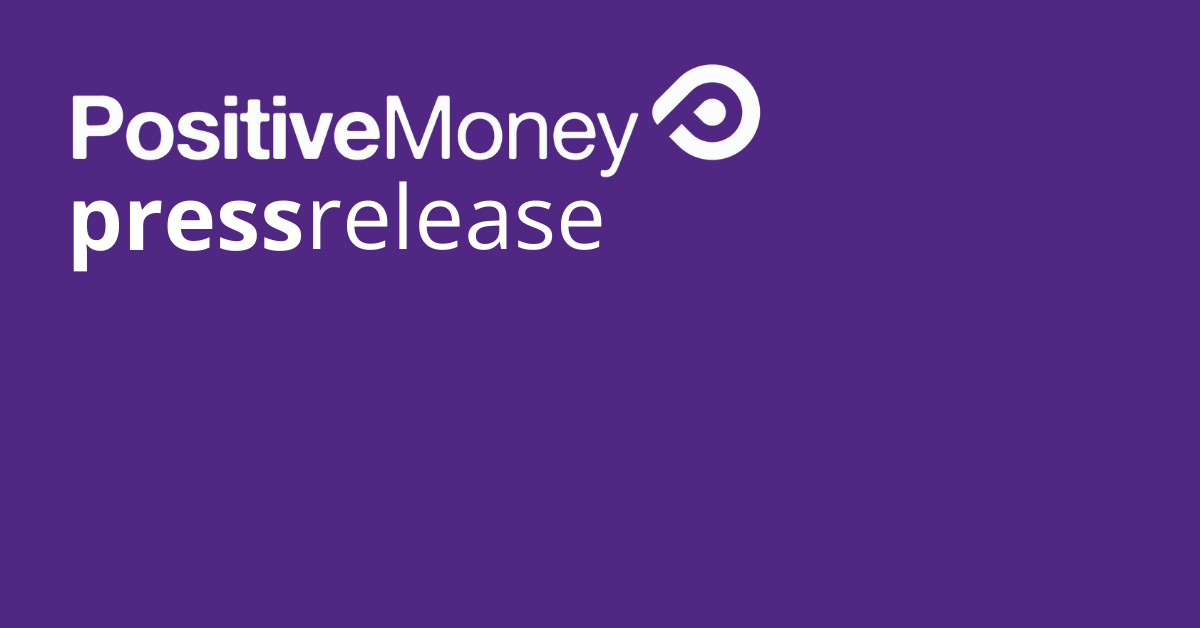
MacroeconomicsUK
26 November 2025
Banks have the ear of officials with the power to hit them with a windfall tax, new research reveals
London, 2 August 2023 – Big banks and other private financial interests enjoyed more facetime with the Treasury than any other sector last year, dominating over a third of all ministerial meetings in 2022, according to new analysis from research and campaign group Positive Money.
Treasury ministers met 237 times with private finance and its representatives, including lobbying groups and individuals employed by financial firms, equating to 38.3% of the 619 external meetings in 2022, and more than 4.5 meetings a week on average. This represents an uptick in meetings from the previous two years, for which the financial sector had shy of a third (30.5%) of meetings over 2020 and 2021.
When it comes to the less-scrutinised diaries of the Treasury’s civil servants, representatives of the financial sector occupied almost two-thirds (61.5%) of meetings with them in 2022.
Analysis of data released last week also showed that the financial sector met 71 times with Treasury ministers in the first quarter of 2023, representing nearly a third (29.3%) of all meetings.
Over this past week, the Big Four UK banks – HSBC, Lloyds Bank, NatWest and Barclays – collectively reported pre-tax profits of £28.93 billion for the first half of this year, an 80% increase from £16.6 billion for the same period last year.
HSBC, which yesterday reported £16.9 billion in pre-tax profits for the first half of this year, up 135% on the same period last year, had 23 meetings with Treasury ministers in 2022, equating to almost fortnightly access to the people with control over the bank’s tax bill. Analysis of data released by the government last month, suggests the UK’s biggest bank is already on track to exceed that number in 2023, with seven meetings in the first quarter of the year.
Lloyds Bank, which announced a 23% increase in first half profits last week, had 25 meetings with the Treasury ministers in 2022, followed by 22 meetings for NatWest and 21 for Barclays. The latter two banks likewise announced greater profits last week for the first half of 2023 than 2022, reporting pre-tax increases of 38% and 24%, respectively. Treasury data for the first quarter of this year discloses six meetings with Lloyds, three with NatWest and three with Barclays.
Banks are not only benefitting from the higher interest payments that their customers have to pay them on loans, but also from the interest the Bank of England pays on the accounts they hold with it. Britain’s central bank is expected to pay an estimated £75bn of interest on banks’ risk-free reserve accounts over 2023 and 2024, with a total of around £150bn due to be paid out between 2022 and 2028. The Treasury ultimately foots the bill for these payments, meaning tens of billions of pounds that could be spent on public services are being handed to banks for no additional goods or services rendered in return.
Positive Money has been calling for the government to impose higher taxes on these unearned windfalls banks are earning, in a similar manner to the windfall tax on energy firms. There is already a surcharge on banking profits, but the Treasury actually cut it by 60% (from 8% to 3%) from April 2023.
Chloe Musto, a campaigner at Positive Money and author of the research, said:
“It’s hardly surprising that the Chancellor continues to resist calls from MPs and the public to place a windfall tax on unearned bank profits, when he’s clearly receiving the opposite message from behind closed doors.
“Access to the gatekeepers of public funds shouldn’t be so dominated by just one sector. Members of the public don’t get this kind of access, and neither do the organisations representing them.
“Because of the power of corporate lobbying, faith in our democracy is hitting rock bottom. To restore it, we need caps on the donations political parties and MPs can receive, to prevent those with the deepest pockets buying access to lawmakers.”
Notes
Positive Money calculates that private financial firms and their representatives (including lobbying groups and those employed by financial firms) made up half or more of attendees in 38.3% of meetings declared by Treasury ministers for 2022, using government data: https://www.gov.uk/government/collections/hmt-ministers-meetings-hospitality-gifts-and-overseas-travel
Positive Money published data on HMTreasury’s ministerial meetings for 2020-21 in a June 2022 report entitled The Power of Big Finance: https://positivemoney.org/publications/the-power-of-big-finance/
Higher interest rates mean that the Bank of England is expected to pay an estimated £75bn of interest on banks’ risk free reserves over 2023 and 2024, with a total of around £150bn due to be paid out between 2022 and 2028. For more information see: http://positivemoney.org/wp-content/uploads/Bank-windfall-tax-briefing-2.pdf
Positive Money has called for this windfall to be taxed: https://actionnetwork.org/petitions/tell-hunt-to-tax-the-banks/
Calls for a windfall tax on banks have been echoed by MPs, including Angela Eagle, John McDonnell, Clive Lewis, Diane Abbott and Richard Burgon
HSBC’s Q2 profit announcement can be found here: https://www.hsbc.com/investors/results-and-announcements
NatWest’s Q2 profit announcement can be found here: https://investors.natwestgroup.com/results-centre.aspx
Barclays’ Q2 profit announcement can be found here: https://home.barclays/investor-relations/reports-and-events/results/barclays-h1-2023-results/
Lloyds Bank’s Q2 profit announcement can be found here: https://www.lloydsbankinggroup.com/investors.html
About Positive Money
Positive Money is a research and campaign organisation working towards a money and banking system which supports a fair, democratic and sustainable economy. Set up in the aftermath of the financial crisis, Positive Money is a not-for-profit company funded by charitable trusts and foundations, as well as small donations from its network of over 65,000 supporters. www.positivemoney.org.uk
####
